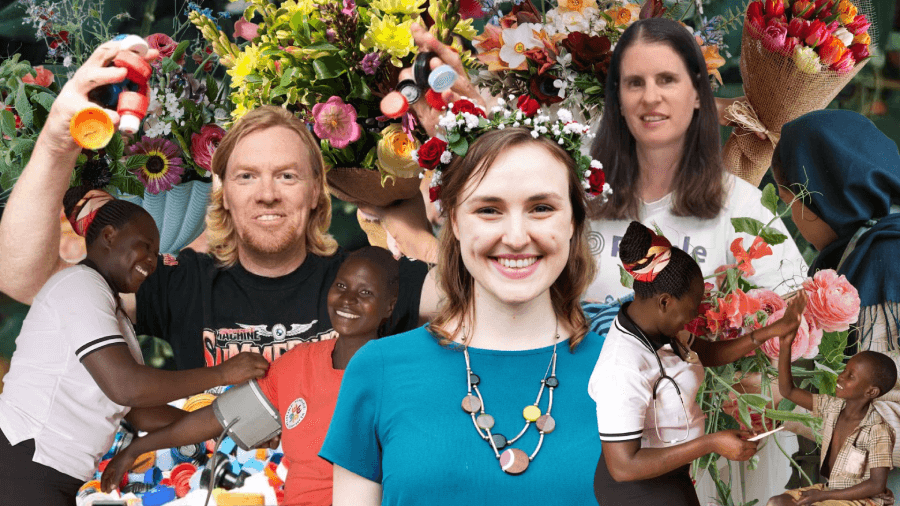The United Nations’ most recent report paints a grim picture, signaling that the world is veering off course and unlikely to achieve the Sustainable Development Goals (SDGs) by 2030.
As we face a triple threat – climate change, biodiversity loss, and pollution – our progress towards these global goals has come to a halt. Despite significant strides in reducing extreme poverty, there are now more undernourished people than before. Additionally, efforts towards achieving gender equality have stagnated, and a record number of individuals have been displaced due to conflict and violence.
Various factors have contributed to this slowdown, including the COVID-19 pandemic, the ongoing war in Ukraine, and escalating levels of inequality. The UN Secretary-General António Guterres warns that we are staring at a potential storm of crises that could further impede our progress towards the SDGs. He emphasises the urgent need to redouble our efforts and take immediate action to address these challenges.
Adopted by the United Nations in 2015, the 17 SDGs were designed to eradicate poverty, protect the environment, and ensure peace and prosperity for all by 2030. They provide a crucial framework for global action on sustainable development. However, current progress is far from satisfactory, with only 12% of assessed targets likely to meet the 2030 deadline.
The recent report reveals some alarming statistics – gender equality could take over 200 years to achieve at the current pace, and by 2030, an estimated 575 million people will still be living in extreme poverty. Furthermore, the risk of extinction has increased by 3% since 2015.
The COVID-19 pandemic has exacerbated many of these issues, reversing decades of progress in reducing global poverty, increasing food insecurity, and causing significant education losses. The SDGs are interconnected, addressing root causes like inequality and unsustainable consumption patterns.
The conflict in Ukraine has caused considerable economic disruption causing considerable economic disruption and displacement. The war has interrupted food production and supply chains, leading to soaring food prices, particularly impacting low-income countries. Education and healthcare services have also been severely disrupted, leaving children and young people without access to essential services.
These issues are compounded by the effects of climate change, which are already being felt around the world. Rising temperatures have caused extreme weather events like droughts and flooding, while sea level rise is threatening coastal communities. Climate-related disasters have increased in frequency and intensity, leading to widespread displacement and disruption of livelihoods.
The recommendations put forward include investing in renewable energy sources, improving access to education and healthcare, and combating inequality. The report also calls for a renewed global agreement on tackling climate change. As Guterres puts it, the SDGs aren’t merely aspirational; they are a roadmap towards a better future that we must strive to realise.
While we are further off track in achieving the SDGs than ever before, they still remain within our reach if nations can come together in a concerted effort. Immediate action is necessary to reverse this crisis and realign our priorities for the sake of our planet and future generations.



